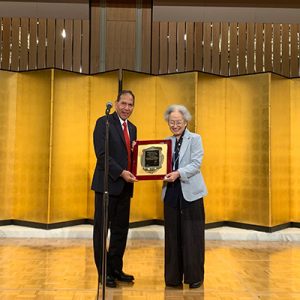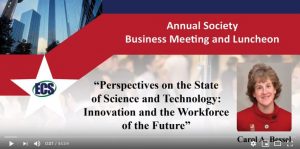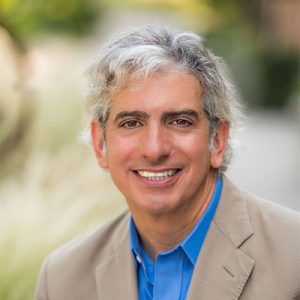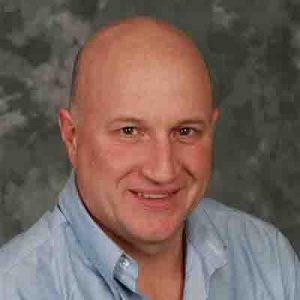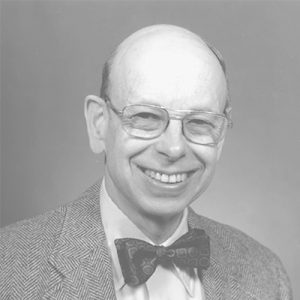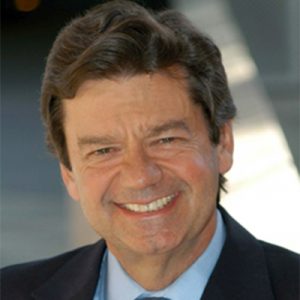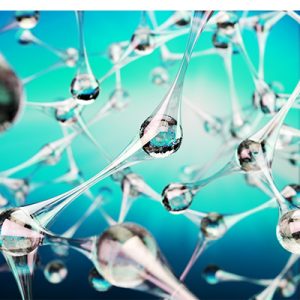 Deadline for submitting abstracts
Deadline for submitting abstracts
December 2, 2019
Submit today!
Topic Close-up #5
Symposium D01: Dielectrics for Nanosystems 8: Materials Science, Processing, Reliability, and Manufacturing
Symposium focus:
The eighth edition of the Dielectrics for Nanosystems symposium, sponsored by the Dielectric Science and Technology Division, will be held at the 237th ECS meeting. The symposium, which started at the 206th ECS Meeting in Hawaii in 2004, is being held after a gap of four years. It will outline the role of dielectrics in research areas of advanced nanosystems involving electronic, optical, magnetic, mechanical, biological, and chemical systems, including sensing devices and energy sources. (more…)




